 For more information on the topic of personal transportation, check out the University of Michigan’s Center for Sustainable Systems’ Personal Transportation Factsheet.
For more information on the topic of personal transportation, check out the University of Michigan’s Center for Sustainable Systems’ Personal Transportation Factsheet.
The curated collection below contains 11 videos, 7 podcasts and 3 games/activities. To access the resource, click on the image below the resource title.
Videos:
Going Green with D-rop: Smart Transportation
 Grade Level: PK-2
Grade Level: PK-2
Duration: 2 minutes 49 seconds
Description: In this video from Miami Dade TV, an environmentally conscious water droplet named D-rop discusses how carbon emissions from transportation cause problems for the planet. Students will learn that alternate modes of transportation such as biking, walking, using public transportation, and carpooling are more environmentally friendly ways of getting around.
CALD TALK - Sustainable Transport
 Grade Level: 3-5
Grade Level: 3-5
Duration: 2 minutes 14 seconds
Description: This video from Banyule City Council discusses how personal automobiles can harm the environment. Students will learn about more sustainable mobility options such as carpooling, cycling, walking, and using public transportation. Note: This video was made in Australia, so the term “car park” is used. Educators can explain to students that car park is another word for a parking lot or parking structure.
Energy 101: Sustainable Public Transportation
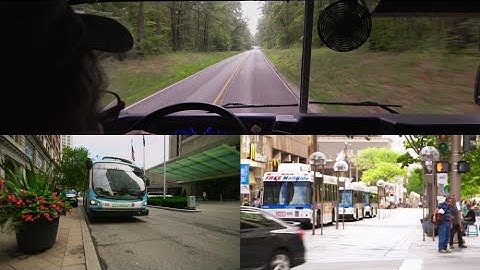 Grade Level: 3-12
Grade Level: 3-12
Duration: 4 minutes 12 seconds
Description: This video from the U.S. Department of Energy discusses the benefits of public transportation. Students will learn about different public mobility options such as hybrid buses, all-electric buses, and natural gas-fueled buses. Students will learn how cleaner public transportation options improve air quality and do less harm to the environment in cities and national parks.
The Best Cars For the Climate | Hot Mess
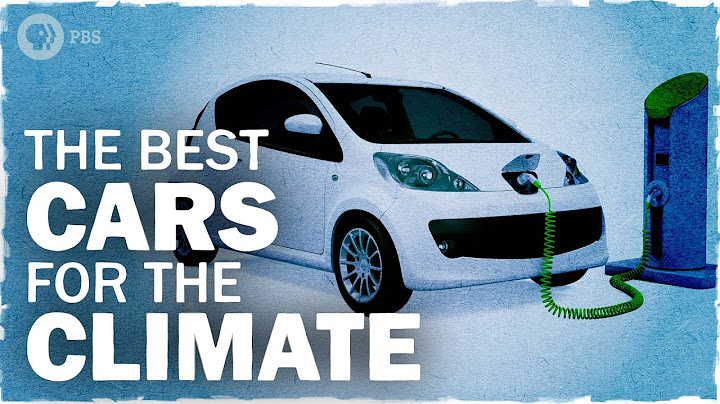 Grade Level: 4-8
Grade Level: 4-8
Duration: 7 minutes 29 seconds
Description: This video from Hot Mess by PBS Digital Studios explains which types of cars are best for the planet. Students will learn about fuel efficiency, the pollutants from diesel cars, the environmental benefits of electric vehicles, and how different phases in a car’s life cycle contribute to its greenhouse gas emissions. Other topics discussed in the video include hybrid cars and hydrogen fuel cell cars.
Car Footprint | National Geographic
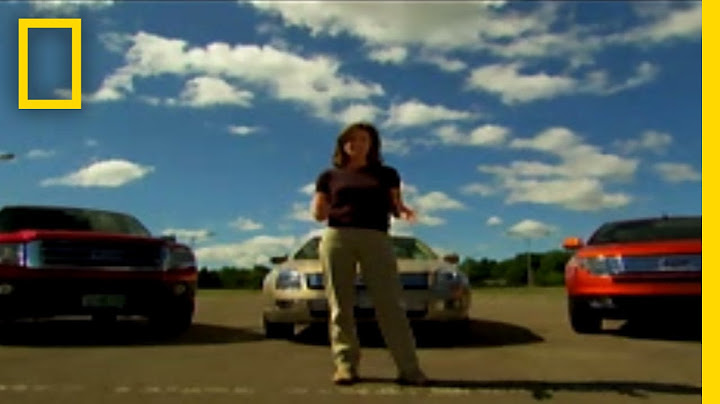 Grade Level: 4-12
Grade Level: 4-12
Duration: 4 minutes 17 seconds
Description: This video from National Geographic discusses the carbon footprint of cars. Students will learn about the carbon emissions associated with the manufacturing process of cars, where different parts of a car are made in the world, and about the carbon emissions associated with a car's time on the road.
Cities Rise to the Challenge – Sustainable Mobility
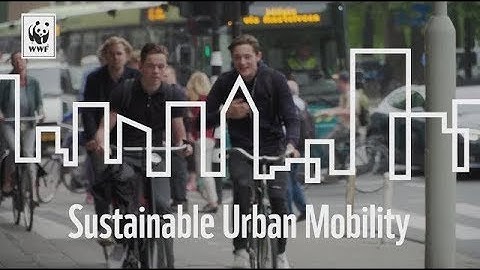 Grade Level: 6-12
Grade Level: 6-12
Duration: 6 minutes 52 seconds
Description: This video from the World Wildlife Fund (WWF) explains how cities can make transportation more sustainable. Students will learn how alternatives to driving a car such as using public transportation and biking can help the environment and what cities can do to make these options more accessible for their residents.
The MPG Illusion
 Grade Level: 6-12
Grade Level: 6-12
Duration: 4 minutes 2 seconds
Description: This video from Duke University’s Fuqua School of Business discusses how consumers sometimes struggle to interpret a vehicle's fuel efficiency stated in miles per gallon. Students will also learn how small improvements in fuel efficiency can make a big difference in gallons of gasoline used and, as a result, carbon emissions.
Electric Cars & Global Warming Emissions
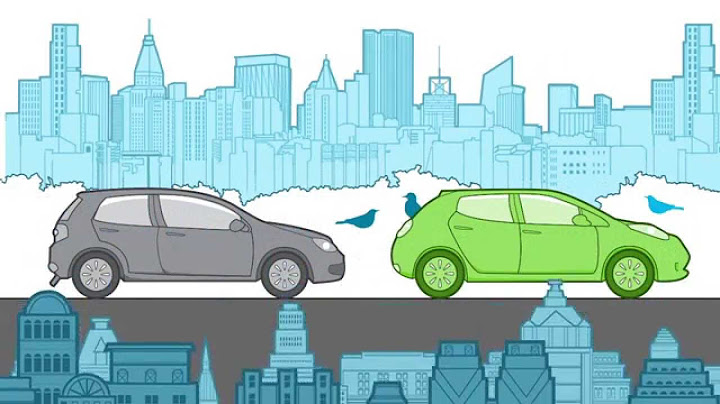 Grade Level: 6-12
Grade Level: 6-12
Duration: 2 minutes 18 seconds
Description: This video from the Union of Concerned Scientists discusses the greenhouse gas emissions of electric vehicles and regular gasoline-fueled cars. Students will learn about the greenhouse gas emissions associated with the stages in each car’s life cycle from production to disposal.
What’s the best fuel for your car?
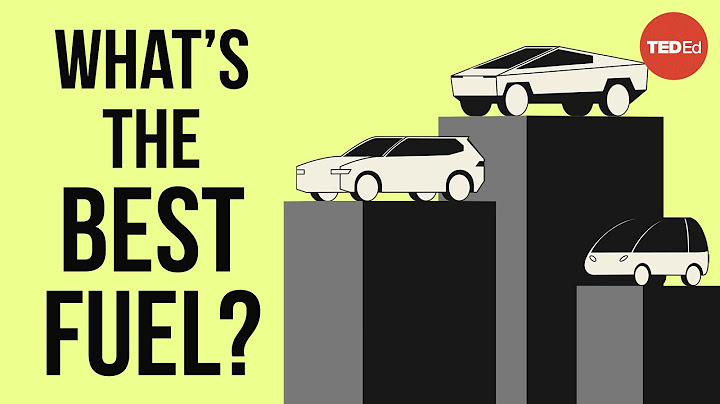 Grade Level: 6-12
Grade Level: 6-12
Time: 4 minutes 40 seconds
Description: This video from Ted-Ed by PBS Digital Studios covers various options for fueling cars and the environmental impact of each type of fuel. Students will also learn how cost and sustainability are two key factors that will determine what fuel will be best to power our vehicles in the future.
Clean Air, Electric Cars, and Alternate Transportation | EcoSense for Living
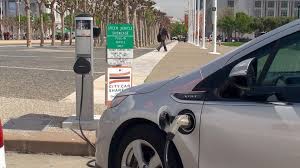 Grade Level: 6-12
Grade Level: 6-12
Duration: 5 minutes 35 seconds
Description: This video from EcoSense for Living, provided by PBS LearningMedia, discusses the benefits of electric cars. Students will learn that if everyone in America drove an electric car, pollution from personal transportation would be cut in half. The video also covers the three revolutions in transportation: electrification, automation, and the ride-sharing economy.
Fuel Cells
 Grade Level: 6-12
Grade Level: 6-12
Duration: 5 minutes 51 seconds
Description: This video from Nova ScienceNOW, provided by PBS LearningMedia, explains how hydrogen fuel cell vehicles work. Students will better understand the mechanism by which fuel cells generate electricity through a comedic simulation. The video also covers the problems associated with hydrogen fuel cell cars including the cost and difficulty of generating the pure hydrogen needed to run a fuel cell.
Podcasts:
How do engines work? (Road trip pt. 1)
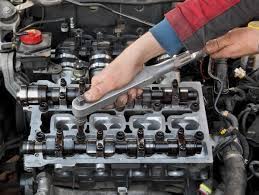 Grade Level: 2-5 (not recommended for single-session listening with younger audiences!)
Grade Level: 2-5 (not recommended for single-session listening with younger audiences!)
Duration: 22 minutes 29 seconds
Description: This episode of Brains On! from NPR discusses how car engines work. Students will learn about the mechanics behind a typical combustion engine and the history of automobiles. Note: Episode starts 1 minute in.
The future of fuel, and the problem with exhaust (Road trip pt. 2)
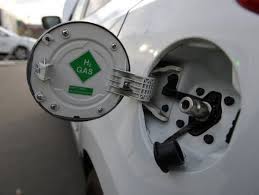 Grade Level: 2-5 (not recommended for single-session listening with younger audiences!)
Grade Level: 2-5 (not recommended for single-session listening with younger audiences!)
Duration: 18 minutes 25 seconds
Description: This episode of Brains On! from NPR discusses why emissions from gasoline cars are harmful to the planet. Students will learn how excess atmospheric carbon dioxide warms the earth and how electric and fuel-cell cars work. Note: Episode starts 1 minute in.
It May Not Cost You More To Drive Home In A Climate-Friendly Car
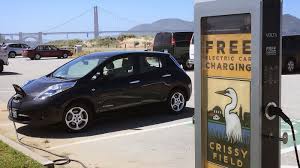 Grade Level: 4-12
Grade Level: 4-12
Duration: 2 minutes 14 seconds
Description: This segment from NPR’s Morning Edition discusses the economics of buying an eco-friendly car such as an electric car or hybrid. Students will learn about an MIT study where researchers found that buying a low-emissions or zero-emissions vehicle saved consumers money over the car's lifetime.
The Pandemic Cut Down Car Traffic. Why Not Air Pollution?
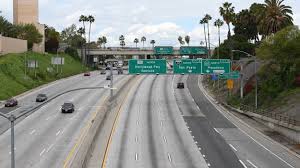 Grade Level: 6-12
Grade Level: 6-12
Duration: 14 minutes 38 seconds
Description: In this episode of Short Wave from NPR, students will learn that while some air pollution was prevented due to remote work during the pandemic, air pollution, on the whole, did not decrease dramatically. Students will learn why air pollution did not decrease as much as some headlines suggested and about the role that other sources of greenhouse gas emissions played in keeping pollution levels high. Note: Episode starts 16 seconds in.
Meet The Climate Scientist Trying to Fly Less for Work
 Grade Level: 9-12 (may be suitable for younger audiences with a long attention span)
Grade Level: 9-12 (may be suitable for younger audiences with a long attention span)
Duration: 11 minutes 56 seconds
Description: In this podcast from NPR’s Short Wave, climate scientist Kim Cobb talks about what factors influenced her to stop flying. Cobb’s actions may inspire students to look for ways they can cut carbon emissions in their own lives.
Jose Gomez-Ibanez on Greater Urban Density and Less Driving - Full
 Grade Level: 6-12
Grade Level: 6-12
Duration: 7 minutes 43 seconds
Description: In this podcast from Utah Education Network, provided by PBS LearningMedia, Dr. Jose Gomez-Ibanez explains how urban density and the use of alternative methods of transportation can benefit the planet by reducing greenhouse gas emissions.
Getting Around: Shaping the Future of Transportation
 Grade Level: 9-12
Grade Level: 9-12
Duration: 34 minutes 40 seconds
Description: This episode of Climate Rising from Harvard Business School discusses the ways that our current transportation system contributes to climate change. Students will also learn how the growth of ride-sharing and ride-hailing services, investments in public transportation, and electric vehicles could impact the planet.
Games/Activities:
Cars from the Future: Presenting Your Eco-Friendly Design Ideas
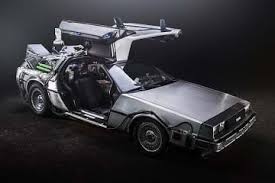 Grade Level: 3-5
Grade Level: 3-5
Duration: Approximately 2 hours
Description: In this activity, students will design vehicles of the future. Students will include at least five features in their design, three of which must decrease pollution or increase efficiency. Through this activity, students will learn how pollution from vehicles affects the environment and human health.
Car carbon footprint calculator
 Grade Level: 6-12
Grade Level: 6-12
Duration: 10-15 minutes
Description: With the help of a parent or guardian, students can use this calculator to determine the carbon footprint of their car by entering information about their vehicle.
Combustion and Air Quality: Emissions Monitoring
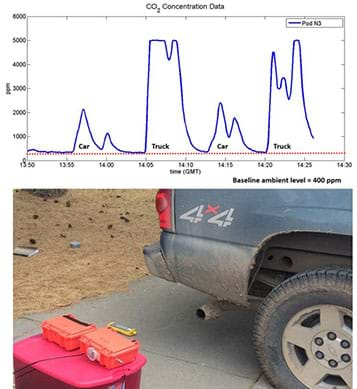 Grade Level: 9-12
Grade Level: 9-12
Duration: 90 minutes
Description: In this laboratory/activity, students will measure the emissions from different types of automobiles. Students will learn about combustion reactions and why it is important to reduce vehicle emissions.